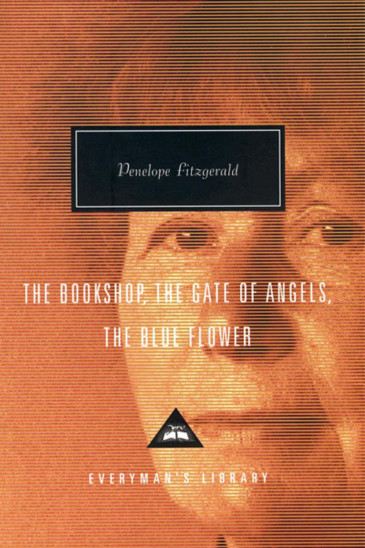

In a town “ where everyone could be seen coming over the wide distances and everything seen was discussed,” pettiness and conservatism thrive. Every fifty years or so it had lost, as though careless or indifferent to such things, another means of communication. The town itself was an island between sea and river, muttering and drawing into itself as soon as it felt the cold. It’s an insular community whose connections to the outside world have shrunk over the decades. This beautifully observed tale superbly brings to light the bleakness of a fishing town that has seen better days.

Florence has few allies apart from the local scoutmaster and the reclusive Edmund Brundish who warns Mrs Gamart to leave his friend alone. But at every turn, obstacles are thrown in her path a war of attrition in which Mrs Gamat evidently pulls the strings. She enjoys moderate success by forming a lending library, but chiefly by stocking copies of Lolita. So she pushes ahead, recruits a very young assistant and throws open the doors. But she is not a woman who backs down easily. It is, she declares, the perfect location for an arts centre that will draw in the summer visitors and cock a snoop at a neighbouring town.įlorence Green might look a pushover “ in appearance small, wispy and wiry, somewhat insignificant from the front view, and totally so from the back. Hardborough’s leading lady Violet Gamart, has her own ideas for the Old House. Even before the ink has dried on the sales contract, the scheme runs into opposition. Florence Green’s plan is to open a bookshop, the previous one having long, long gone out of business.īut the people of of Hardborough-by-the-Sea don’t share Florence’s enthusiasm for breathing new life into a damp-ridden and probably haunted property “built five hundred years ago out of earth, straw, sticks and oak beams”. Pleasant enough on a wet afternoon, but nothing to get excited about.įortunately the novella written by Penelope Fitzgerald more than made up for what the film lacked.įitzgerald’s The Bookshop is a poignant, tragicomic tale of a young widow who sinks her small legacy into the purchase of the dilapidated Old House in the tiny Suffolk town where she’s lived for the last eight years. Atmospheric seaside town vistas and first class acting by Bill Nighy (one of my favourites) and Emily Mortimer couldn’t make up for a script that meanders along, seldom rising above the level of gentle humour and subdued drama.


I began watching the film version of The Bookshop with high expectations - a bookshop setting a heroine who believes books are an essential commodity and a community determined to prove her wrong.


 0 kommentar(er)
0 kommentar(er)
